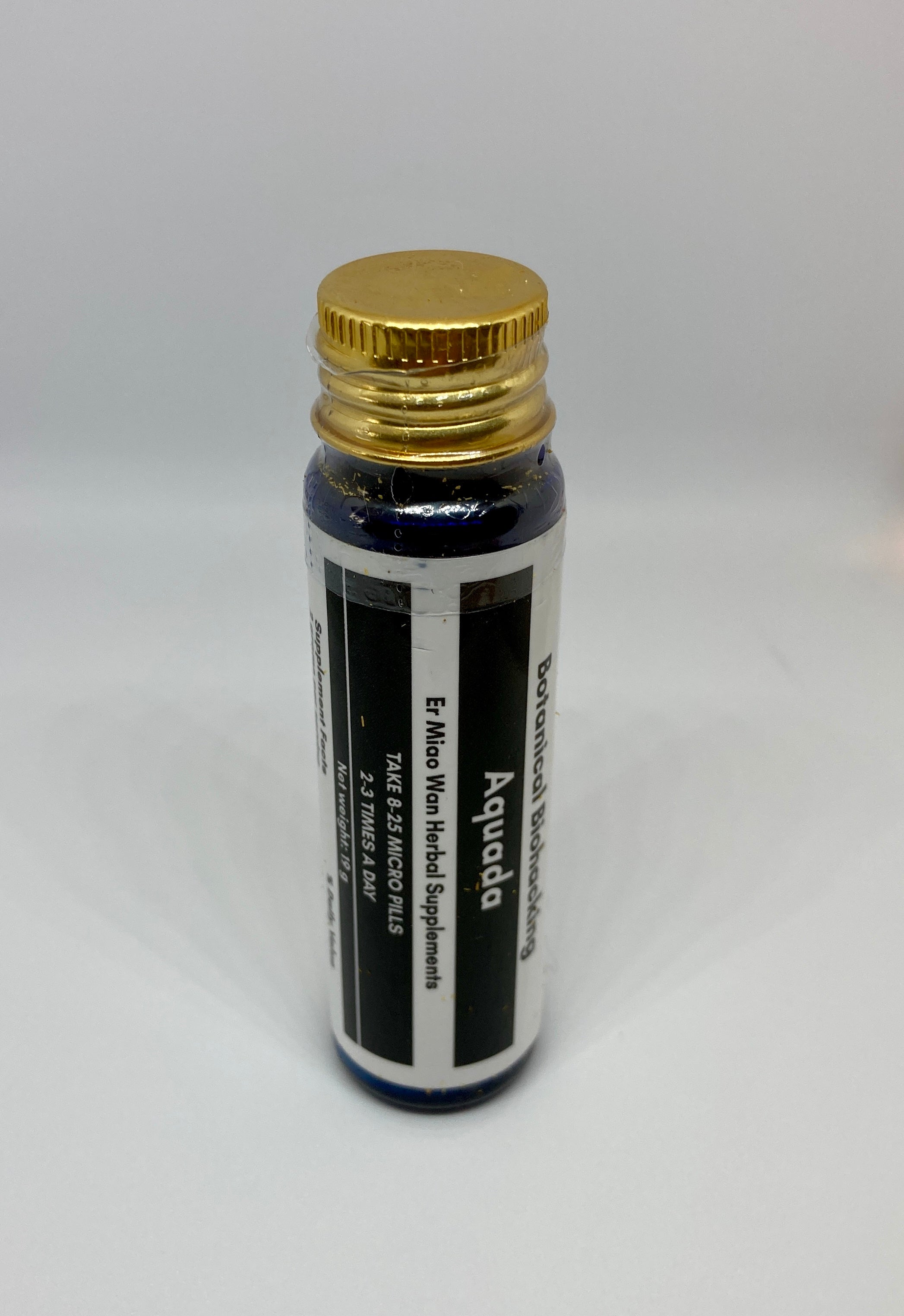The GLP-1 Dilemma: Finding Balance in Modern Medicine's Latest Wonder
Let's talk about the elephant in the room: GLP-1 medications. You know, those "miracle" weight loss drugs that are flooding your social media feeds and making headlines faster than you can say "Ozempic."
This question was asked in my free online skool group (you're welcome to join by the way) so today we're going to explore this comment more.

As a TCM provider with over 15 years of clinical experience, I'm here to give you my unfiltered thoughts on these modern medical marvels, complete with both the good and the "oh boy, you should know about this" parts.
The Good, The Bad, and The "Why Didn't Anyone Tell Me About This?"
First off, let's acknowledge something amazing: GLP-1 receptor agonists are helping people reverse obesity and type 2 diabetes in ways we've never seen before.
But (there's always a but), here's where it gets interesting…
The Hidden costs of GLP-1s: side effects
Some folks can tolerate these medications. Others? Well, they get to experience uncomfortable (to say the least) symptoms:
- Unrelenting Nausea, often worse after eating
- Abdominal pain
- Brain Fog
- And my personal favorite: either rushing urgently to the bathroom or... not being able to go at all. If you know, you know.
The Bigger Picture: Modern Problems Need Modern Solutions
Here's the thing… We're living in a weird time. Thanks to industrial agriculture and modern food preservation, we've solved the famine problem our ancestors faced. Yay! But plot twist: now we're dealing with a whole new set of issues:
- IBS (Irritable Bowel Syndrome)
- PCOS (Polycystic Ovary Syndrome)
- Antibiotic-resistant infections
- And the ability to eat basically unlimited calories (our ancestors would be both impressed and concerned)
The Real Talk: Weighing Your Options
When patients ask me about GLP-1s, here's what I tell them:
-
Consider the Trade-offs:
- Yes, there are potential risks like thyroid issues and kidney concerns
- But guess what also causes kidney problems? Uncontrolled diabetes
- Those scary thyroid cancer statistics? Mostly from rat studies (and last I checked, you're not a rat). More research is required.
-
Consider the benefits:
- Your body naturally produces GLP-1 for a reason
- If medication helps you be more present and enjoy life, that's valuable
- But you deserve to know ALL the effects and how to handle them
The Natural Approach to Supporting GLP-1 Treatment
Here's where Traditional Chinese Medicine can shine.
Natural Digestive Support
Get the best of both worlds with Chorus. What sets Chorus apart is its innovative approach to gut health optimization. This precisely crafted formula works in harmony with your GLP-1 treatment by:
- Supporting your microbiome's natural intelligence through targeted botanical compounds
- Enhancing nutrient absorption and metabolic function
- Strengthening gut barrier integrity for optimal hormone signaling
- Promoting neurological health with brain-gut axis support
Think of Chorus as your body's natural support system – working behind the scenes to create an optimal environment for both your GLP-1 therapy and your body's innate healing processes. By combining traditional wisdom with modern science, it helps address the root causes that may have led to weight challenges in the first place.
You can get it here. And if it doesn't amaze you, it comes with a 30-day money back guarantee.
The Bottom Line (Because We All Need One)
Get your blood sugar stable – whether through medication, lifestyle changes, or a combination. When your blood sugar is balanced, you make better decisions. It's as simple as that.
You can have your cake (in moderation), eat it (mindfully...please chew every bite), and go for a walk afterward (preferably with friends). Nature and science aren't enemies – they're dance partners, and sometimes they just need someone to help them find their rhythm.
Your Next Steps
- Talk to your healthcare provider about your options
- Consider natural support systems for managing side effects
- Remember: there's no one-size-fits-all solution
- Stay informed and listen to your body
Disclaimer: Always consult your healthcare provider before starting or modifying any medication or supplement.











